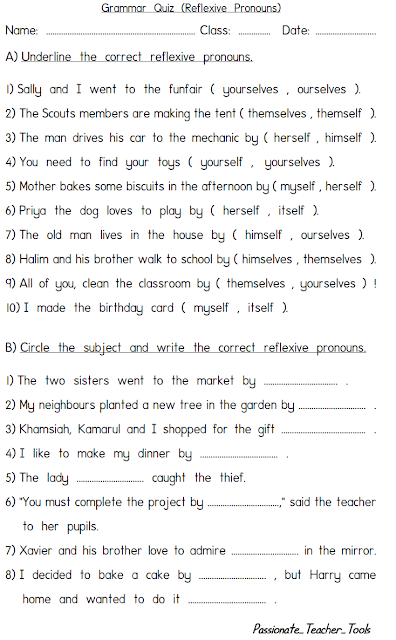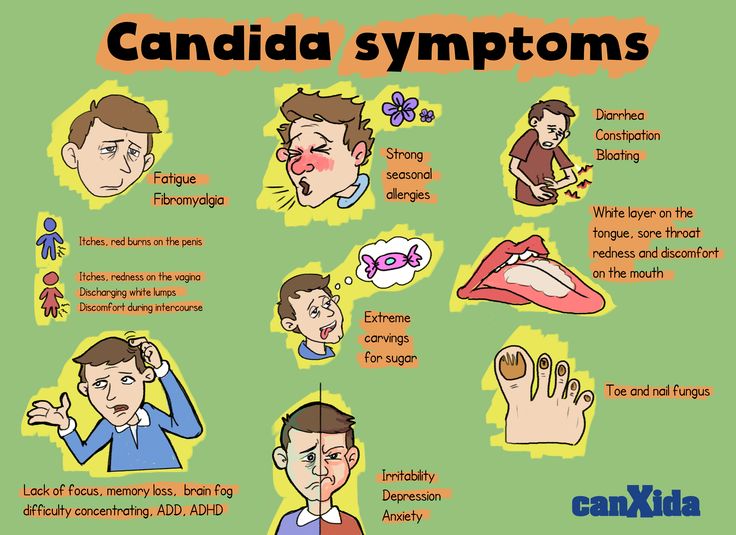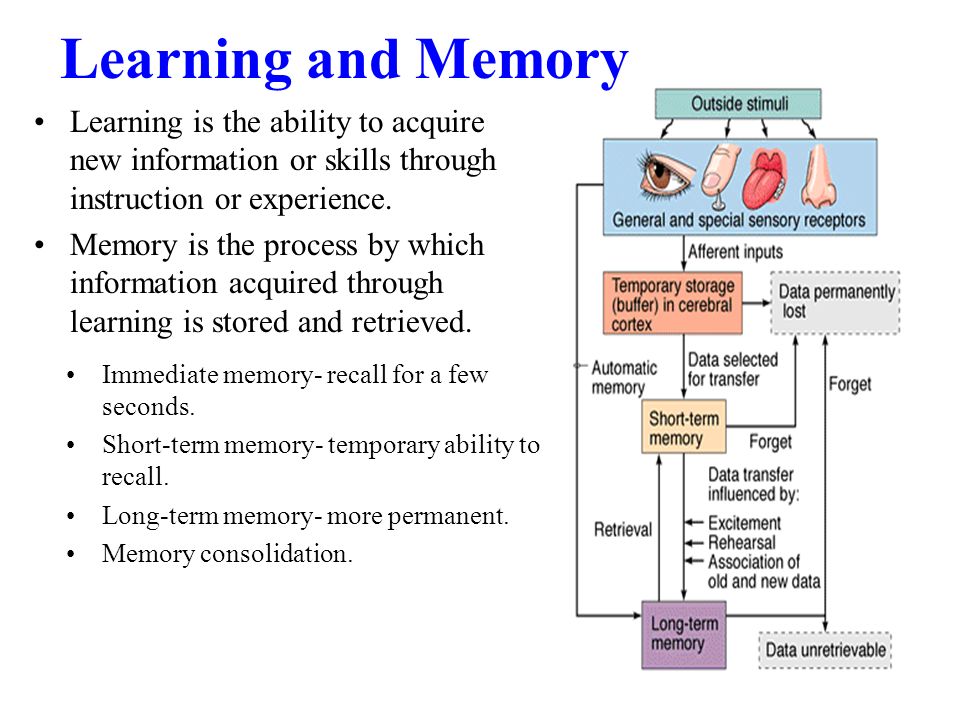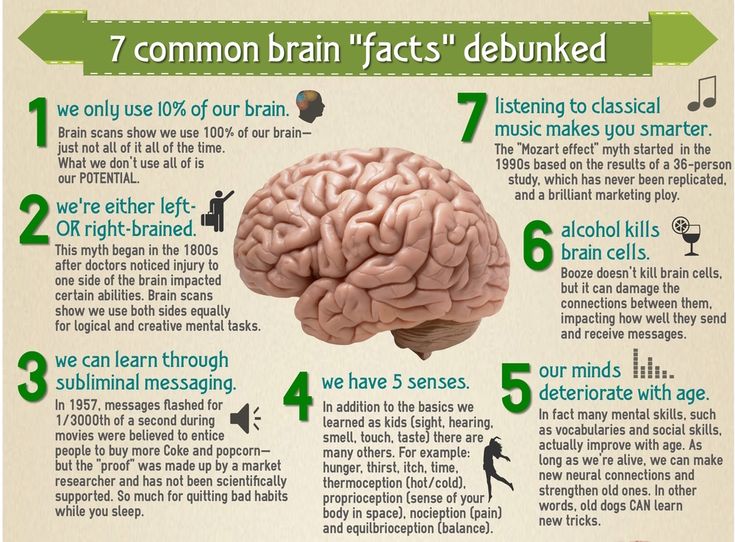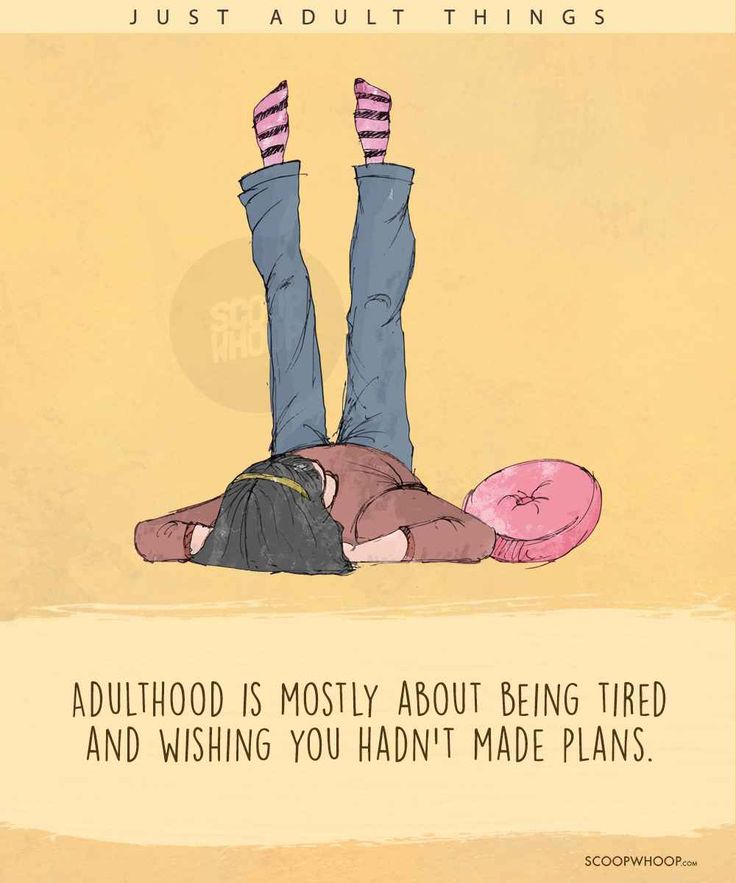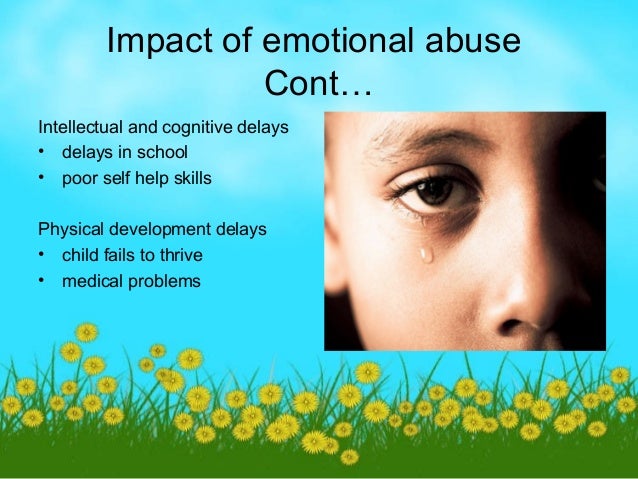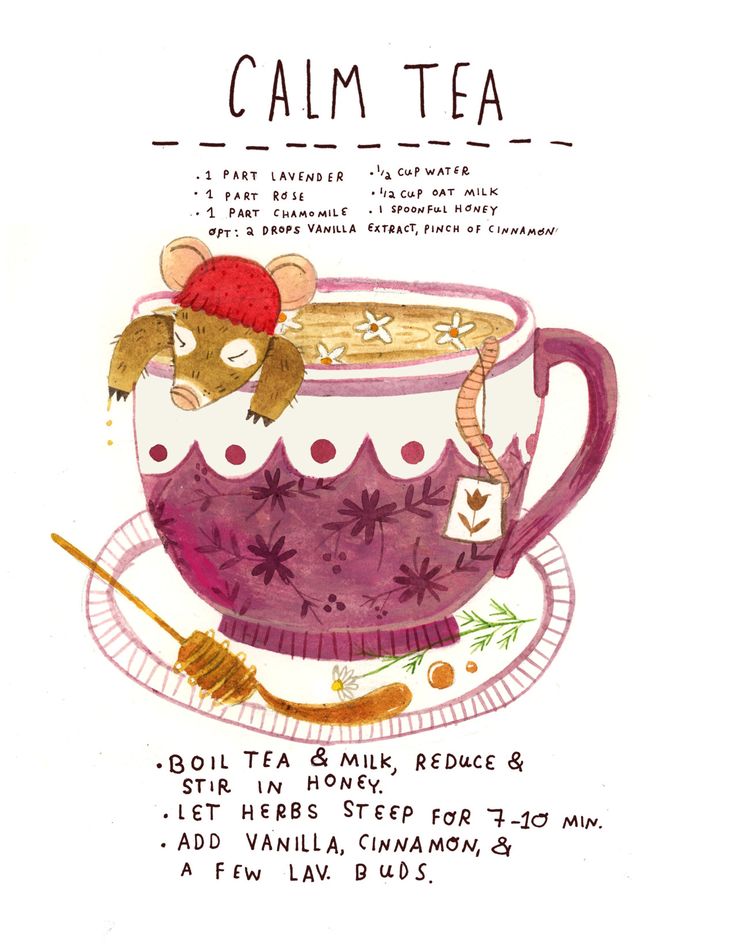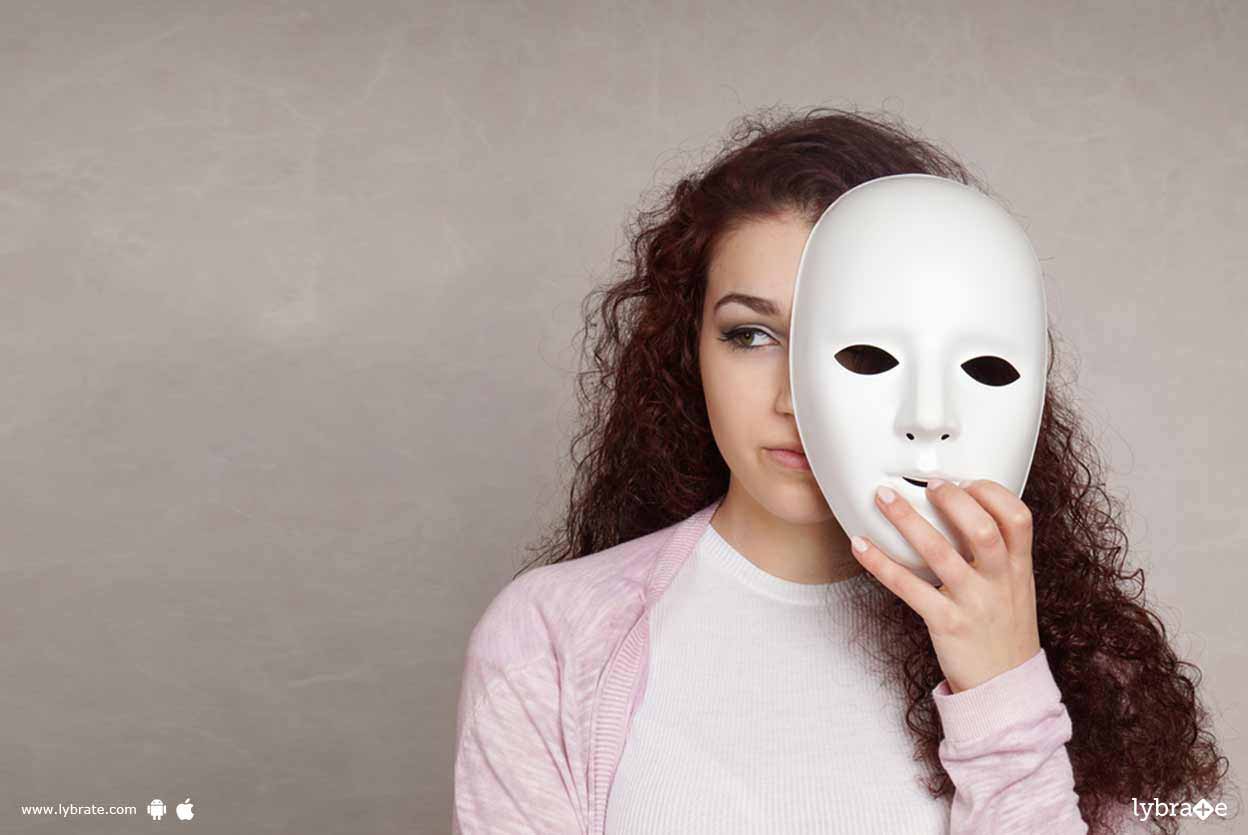Unhealthy attachment to therapist
Attached to Your Therapist: It's not a Bad Thing
One of the questions often asked in online forums is “Am I too attached to my therapist?” This question leads clients to leave therapy before they’re ready. It sometimes even leads therapists to “fire” clients early. And it leads to stigma against talking about feelings towards your therapist. This blog will explore your attachment to your therapist, including some observations from my own therapy experiences.
Understanding the Therapy Relationship
How exactly do you define the relationship between you and your therapist? It’s not a friendship. But at the same time, it’s one of the most intimate relationships you’ll have. You pay for your therapist’s attention. But your therapist also wouldn’t be doing this job if they didn’t care. Safety and vulnerability both define the uniqueness of the relationship.
While therapists have to follow certain guidelines about the relationship, each therapist interprets those rules differently. Some believe that they must share absolutely nothing of themselves. Other therapists take a more authentic approach to the relationship. These therapists share certain parts of their lives with their clients when appropriate, but are still careful to maintain that line between therapy relationship and friendship.
Growing Attached to Your Therapist
Your attachment to your therapist depends largely on your attachment style. If you struggle to trust people, it will be harder for you to trust your therapist and harder to become attached. If you trust people easily, you may become attached to your therapist easily. Regardless, it’s natural in any intimate relationship that you’d grow some sort of attachment.
The therapy relationship is not different. Instead, it is actually a reflection of other relationships in your life. Therefore, you will grow attached to your therapist in much the same way as you become attached to others in your life who are safe and trustworthy.
Curiosity About Your Therapist
It’s normal to be curious about your therapist.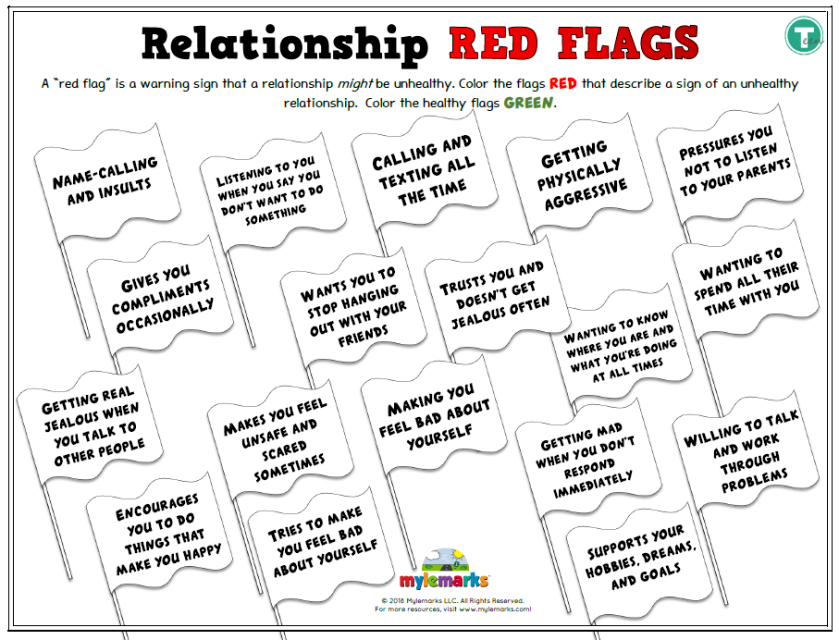 This is especially true when your therapist does not share about her personal life. Some people find themselves searching Google for information. Other people find themselves looking at their therapist’s social media sites. And others take a more direct approach by asking their therapist questions. Regardless which methods you use to gather more information about your therapist, accept your actions as normal behavior.
This is especially true when your therapist does not share about her personal life. Some people find themselves searching Google for information. Other people find themselves looking at their therapist’s social media sites. And others take a more direct approach by asking their therapist questions. Regardless which methods you use to gather more information about your therapist, accept your actions as normal behavior.
Keep in mind though that your therapist might not appreciate the digging. Therapists who have rigid boundaries around their personal life may not react kindly to you finding information about them. Stories from online forums share about therapists who “fired” clients because of these explorations.
My Curiosity About My Therapist
I have found myself wondering more and more about my own therapist’s personal life. She is not the type of therapist that keeps all information private, but I don’t know everything. I know the vague area she lives in, and I know she’s going through a divorce right now.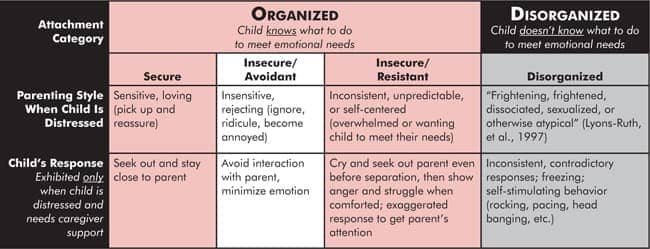 I also know that our personal interests are very similar.
I also know that our personal interests are very similar.
I’ve had moments where I really regret meeting my therapist as a therapist. Instead, I wish we could have met somewhere more personal so that we could have a personal relationship. She is the best therapist I’ve ever had, but I also wish that she could just be my friend.
I find myself in my sessions wondering how she’s doing. The two-sided part of a friendship pops up in my head. I can notice when she’s having an off day, and I wonder what is going on in her personal life that is distracting her. I pay her to listen to me, but I also genuinely care how she’s doing.
Why is Getting Attached to Your Therapist Scary?
Attachment to your therapist puts your emotions at risk. This is especially true if you’ve had difficult attachments in the past. You’ve learned that growing attached to people isn’t safe because eventually, they leave. And you have to deal with the emotions about it.
Sometimes, when you get attached to your therapist, your first instinct is to quit therapy.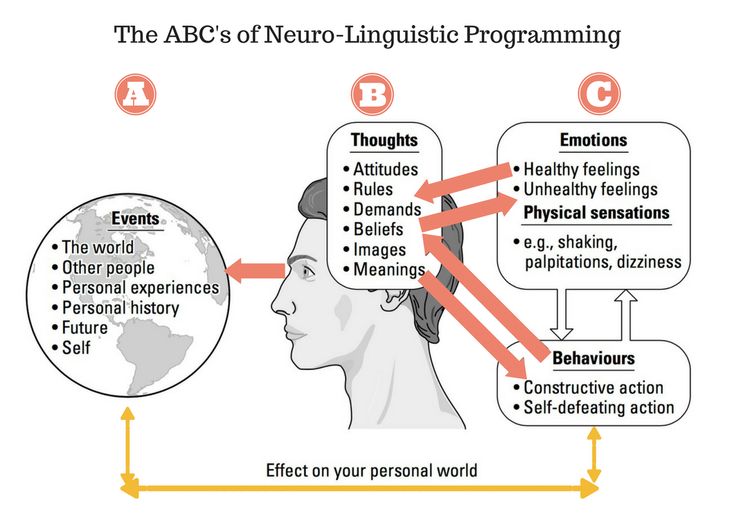 You feel like you have to protect yourself. And if you can quit before your therapist can “fire” you, you’ve accomplished that. The fear you feel about getting attached to your therapist mirrors fear you feel in other relationships.
You feel like you have to protect yourself. And if you can quit before your therapist can “fire” you, you’ve accomplished that. The fear you feel about getting attached to your therapist mirrors fear you feel in other relationships.
My Fears of Attachment with My Therapist
Even though I know that attachment is normal in therapy, I still have my own fears after recognizing my attachment. First, I worry that even though she has been fairly open with me about certain things that she might balk at my attachment towards her. I worry that her concerns will result in her “firing” me. And I won’t have much control about that.
I also worry about my attachment interfering with the work that I’m doing. I have already noticed times when my attachment has led to me staying in session longer than I should. For example, just this week, I was very sick. But I was pushing to get to the full 53 minutes of our session because I wanted my therapist to be able to bill the full amount. I made it 38 minutes before I realized I needed to lay down or I was going to pass out.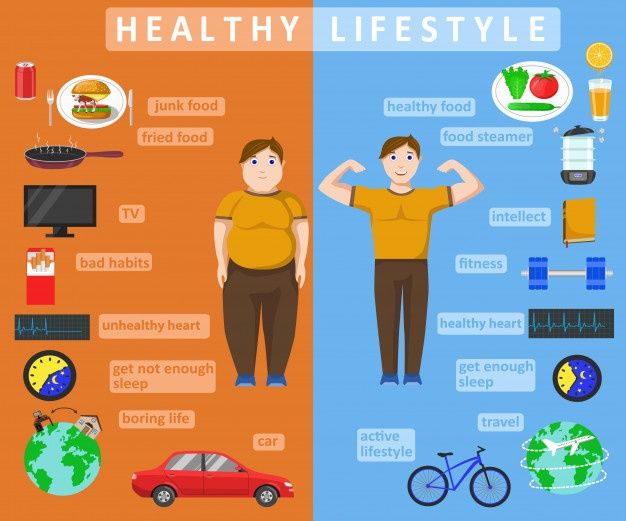
And finally, I know that the relationship is going to end eventually. In fact, it’s going to end far sooner than most therapy relationships because I’m moving out of state. I know that my therapist is not going to be able to treat me after I move. So I am going to have to find someone else.
How Can Getting Attached to Your Therapist Be Healing?
While getting attached to your therapist can put you at risk of getting hurt, it can also help you heal. If you’ve struggled with attachment, you likely have very few examples of how healthy attachment looks. Your relationship with your therapist models that. In fact, even the difficult times with your therapist are beneficial, as these help you learn how to appropriately manage conflict.
Your attachment to your therapist also allows you to try out emotional intimacy. That is, you can get emotionally close to your therapist safely. You can see what it feels like to share with someone and have someone truly hold space for you.
Finally, the therapy relationship inevitably comes to an end at some point. Your therapist helps you learn how to manage the natural end to relationships. She can help you process the grief you experience at anticipating the loss, so that when it happens, you can handle it.
Final Thoughts
While attachment to your therapist comes with risks, it can also be greatly healing. You can learn how to manage conflict and the natural end of relationships. Overall, a therapist who views attachment as an essential part of therapy can really help you resolve attachment-based concerns. Ask your therapist about her view of attachment during your consultation with her.
Attachment to Your Therapist | Psychology Today
Patients feel very sensitive and often terribly ashamed about experiencing a strong yearning for some form of closeness with their therapist. Is that you?
I didn’t realize how important this topic was until I wrote the first of a series of posts on the topic at How Therapy Works.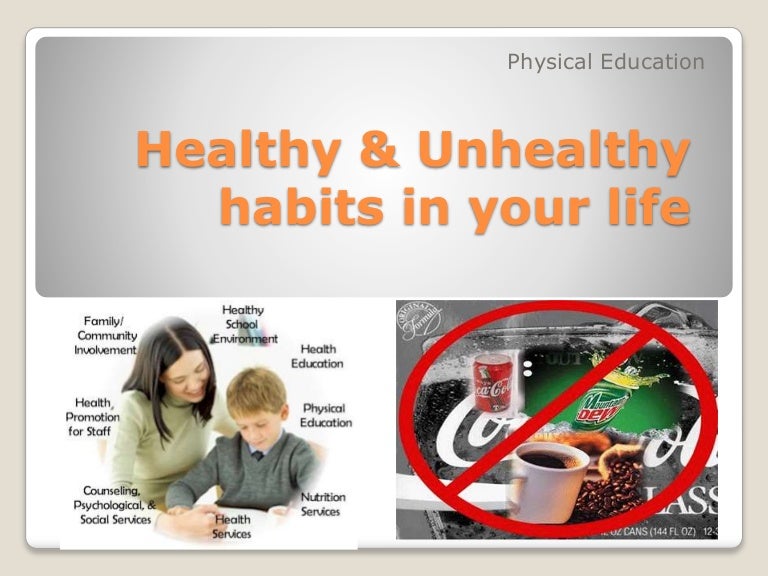 I got a flood of comments from patients for whom the topic touched on powerful feelings. It was very clear why therapists seem to be the last to know.
I got a flood of comments from patients for whom the topic touched on powerful feelings. It was very clear why therapists seem to be the last to know.
The most important thing you need to do is also the source of the most trouble. What is that? You must tell your therapist about it. This is essential for you to get the help you need. Or if your therapist is not up to the challenge, it is better to find out now, before you invest more of yourself in a therapy that won't help.
Why do patients, especially those who have had a difficult early life, develop such strong wishes? Usually, it is because important emotional requirements were not met in early life when they were most critical. What happens is that the child who had those needs goes underground, unnoticed, and waits for someone to come along who might fulfill them.
The problem is that therapy can help us resolve our feelings about unmet needs but not fulfill them. On the other hand, the child within is sure that the real solution is to find a grown-up to take care of those needs.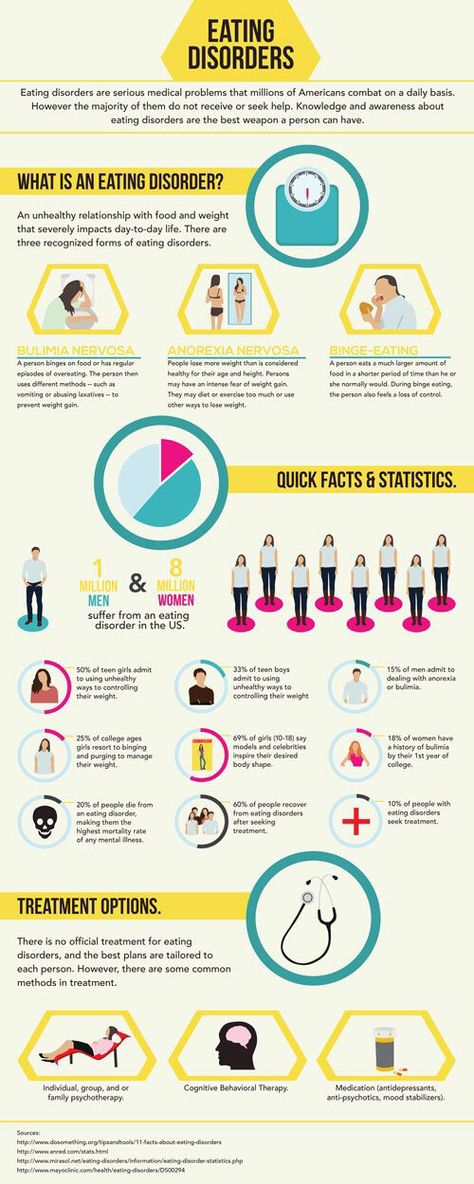
Often the job of therapy is to help that child, with compassion and caring, realize that now, in adulthood, the only really satisfactory solution is to go through the feelings of grief, anger, disappointment, and sadness over the fact that those needs were not met when they were most needed.
What makes resolution of these feelings possible in therapy is having an empathic connection with someone who understands. That is the one need that therapists actually can fulfill.
The reason why fulfilling early life needs (except for the need to be understood) is not really the solution is that in adulthood, it never really works. Somehow, even very willing adults can never fully take away the pain from long ago. Even if the child within actually gets to a “yes” from another adult, the yearning soon returns, largely unfulfilled, and the true work of therapy, resolution of feelings, is still there to be completed.
On the other hand, children are very willful, especially when it comes to life-and-death issues like getting the love you must have for survival. To the child within, therapy looks like the perfect place of find someone who really cares (therapists most often do) and who really wants to help (that, too). So, in therapy, feelings of yearning and neediness can be very strong and very very persistent.
To the child within, therapy looks like the perfect place of find someone who really cares (therapists most often do) and who really wants to help (that, too). So, in therapy, feelings of yearning and neediness can be very strong and very very persistent.
Such powerful feelings are not easy to deal with for therapists or for patients. If the therapist is too discouraging, the child within may just give up and wait for the next chance at fulfillment. If the therapist is more giving, the child within may come to believe that the only resolution is for the therapist to fulfill the stored up wishes.
Therapists need to be very careful to give clear signals about where the boundaries are, and what they can and cannot do. Sadly, as reader’s stories have shown, this does not always work as it should. Therapy can either be very healing or it can be painful and even damaging.
If your therapist is competent to work with strong feelings in the therapy, then learning about your feelings will help him or her to help you let go of what you must and seek out what you really need.
I recently organized blog posts and comments on this topic along with my answers in an e-book, Attachment to Your Therapist: A Conversation, available at How Therapy Works or on Amazon.
"Unhealthy attachment to a psychologist" | PSYCHOLOGIES
An unhealthy attachment to a psychologist worries me. I went to her for 9 months: there were problems with classmates, at meetings we tried to solve them. She did not help me much, but I was and still am very attached to her. She added her friends on social networks, checked whether she was online or not, looked at photos, read comments, looked at her friends pages. We met once a week for 50 minutes, I looked forward to these meetings and felt a sharp sense of disappointment when they ended. I constantly think about her, fantasize. If we were not of the same sex, I would have thought that I had fallen in love. When I met her, I was nervous, blushed, embarrassed, afraid that she would judge me. There were often understatements, which is probably why the consultations turned out to be ineffective.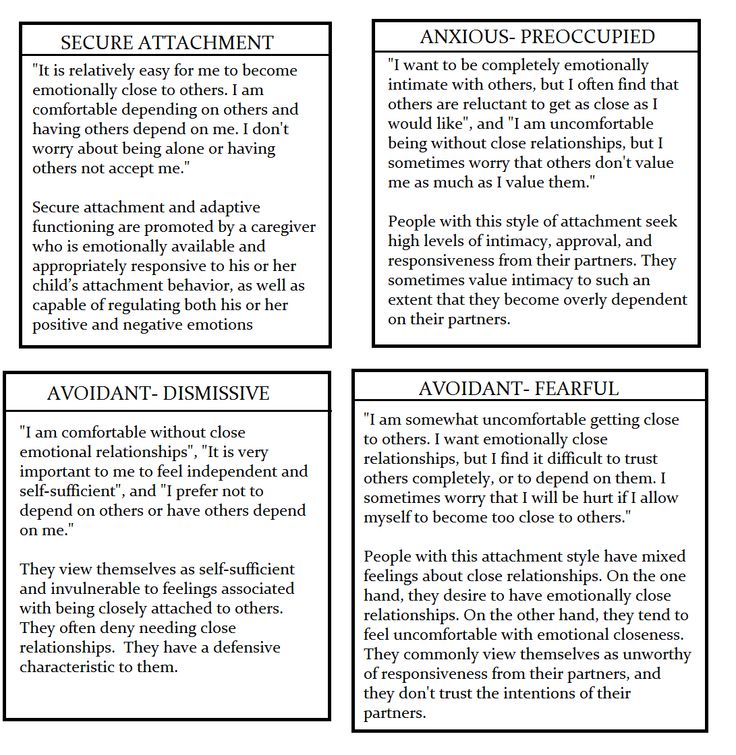 On the one hand, I seemed to underestimate her professionalism and behaved coldly, on the other hand, when the meeting ended, I went home and thought about her. There was strong resistance, I did not want to open up, I was afraid of it. Then I moved to another school and have not been going to her for a year and a half, but every day I think about her and miss her unbearably. It hurts me that we don't communicate. There is no way to return to it, but I cannot cope with the feeling of bitterness and pain. Why is this happening and what should I do? nine0003
On the one hand, I seemed to underestimate her professionalism and behaved coldly, on the other hand, when the meeting ended, I went home and thought about her. There was strong resistance, I did not want to open up, I was afraid of it. Then I moved to another school and have not been going to her for a year and a half, but every day I think about her and miss her unbearably. It hurts me that we don't communicate. There is no way to return to it, but I cannot cope with the feeling of bitterness and pain. Why is this happening and what should I do? nine0003
Isabella, age 15
Isabella, I understand that such an attachment to a psychologist scares you. In fact, it is quite understandable. When we begin to trust a psychologist and meet with him regularly, he, firstly, becomes a close person for us: we open up to him, show our vulnerability, trust the innermost, what we don’t talk about with others.
Secondly, it acts as a "portable" parent figure. The similarity mechanism works. When else have we been so trusting and vulnerable and so in need of help, support and understanding? Of course, in childhood, when they expected all this from their parents. And so we begin to unconsciously see our psychologists as "parents" and wait for understanding, support, and even love. That is why attachment is born. It frightens many, but without it it is impossible to trust, which means that productive work is also impossible. nine0003
When else have we been so trusting and vulnerable and so in need of help, support and understanding? Of course, in childhood, when they expected all this from their parents. And so we begin to unconsciously see our psychologists as "parents" and wait for understanding, support, and even love. That is why attachment is born. It frightens many, but without it it is impossible to trust, which means that productive work is also impossible. nine0003
When you came to a psychologist, it was difficult for you to feel affection next to her, you hid her even from yourself, but when you left, you got bored. This often happens in long-term meetings. What we see in the psychologists of parents can interfere with our work (and it interfered with you: it seemed to you that you could be judged, you were embarrassed, ashamed, closed), but these feelings are important and can be worked with. This may help: if we once trusted our parents and believed in their love, then it is easier for a psychologist to believe and trust.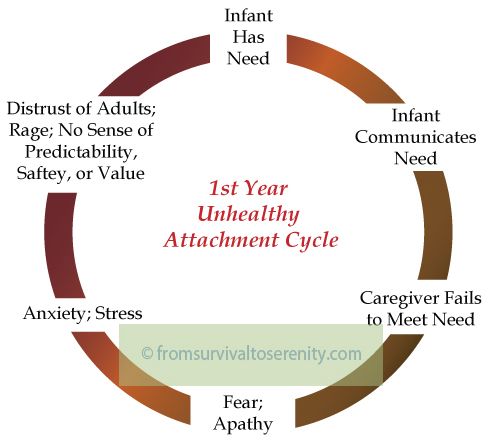 nine0003
nine0003
It is a pity that you could not overcome embarrassment and did not know that this feeling is also worth talking about: then it would be easier for you to overcome the desire to close. It will be good if you can return to therapy - to her or another psychologist. Apparently, you really need this kind of help. For many teenagers, this is a must.
Photo source: Getty Images
New on the site
Are you a victim of FOMO? 6 Ways to Overcome the Fear of Missing Out
“Every time a relationship got serious, I left. Why?" nine0003
“I'm sorry that I confessed to my husband about cheating. How to restore good relations?
Incubi, sacrifice and orgies: what is sexual magic - dive into history
How to recognize a womanizer: 10 signs - check your partner get a girlfriend on dating sites”
Joint birth: harm or benefit for relationships?
When emotional attachment becomes unhealthy
Each of us feels a certain attachment to some people, things or places.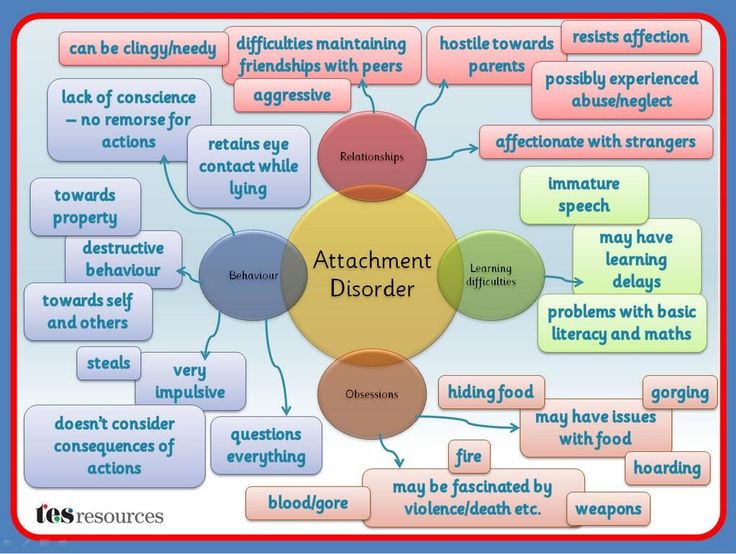 In the end, everyone has something good, something that has great meaning in life. However, excessive psychological dependence is unhealthy, especially if it begins to destroy someone's reality. When emotional attachment becomes unhealthy
In the end, everyone has something good, something that has great meaning in life. However, excessive psychological dependence is unhealthy, especially if it begins to destroy someone's reality. When emotional attachment becomes unhealthy
In the case of romantic relationships, such deviations can disrupt the partnership. However, it's hard to draw the line between being normal and sticky, especially if you haven't had a strong relationship history. If you have previously had abusive relationships, then it will not be easy to adjust to a normal and balanced union with a potential chosen one. nine0003
Infatuation can lead to a long, wonderful relationship with your lover. If you feel these emotions, including attachment to an object like your favorite childhood toy, then it is quite possible to calm down after a stressful day. However, if you feel too dominated by something or someone, it risks becoming a dangerous obsession.
Warning Signs
It is normal to love and want your partner or protect your belongings.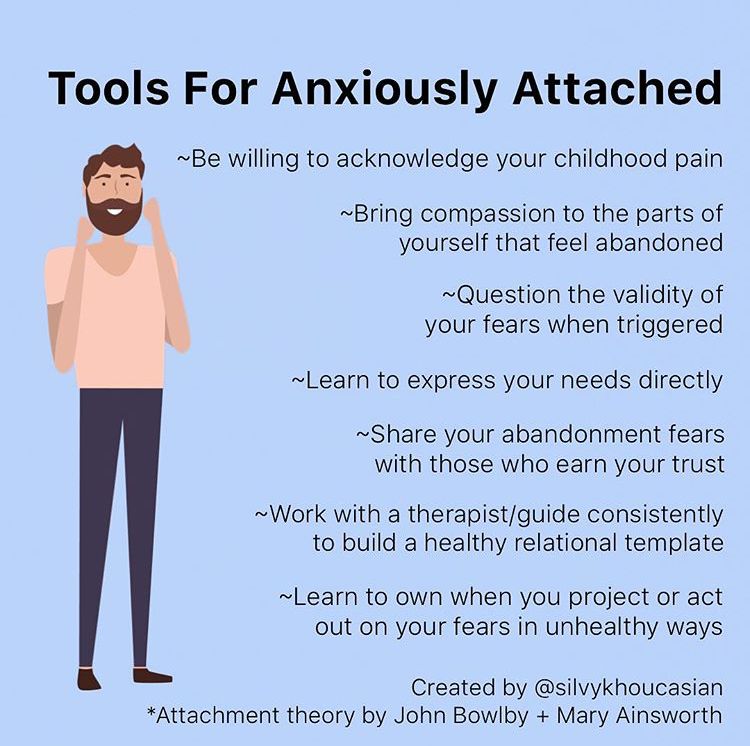 However, passionate and obsessive adoration can lead to breakups and even intrusive behavior in ordinary daily life. Here are some of the common patterns that indicate that you may develop negative, unhealthy attachments. nine0003
However, passionate and obsessive adoration can lead to breakups and even intrusive behavior in ordinary daily life. Here are some of the common patterns that indicate that you may develop negative, unhealthy attachments. nine0003
Your feelings depend on the presence and attention of your loved one.
Any relationship involves some kind of interdependence - you like spending time with someone, you feel in seventh heaven when your loved one is near. However, subordination in a union turns into an unhealthy relationship when you do not feel fulfilled and even complete if your soulmate is not around.
In a healthy relationship, you have a great free time with your lover, but at the same time, you have a good rest without him. In an unhealthy attachment, you cannot enjoy doing anything, much less feel happy on your own. As a result, you begin to cling to the chosen one and ask for more time together - because in this way you feel empty for less time. nine0003
You feel that you cannot live without him or her
If you are overcome by an endless spiral of negative feelings and emotions (including suicidal tendencies) at the thought of being without a partner, you have a disturbed emotional investment.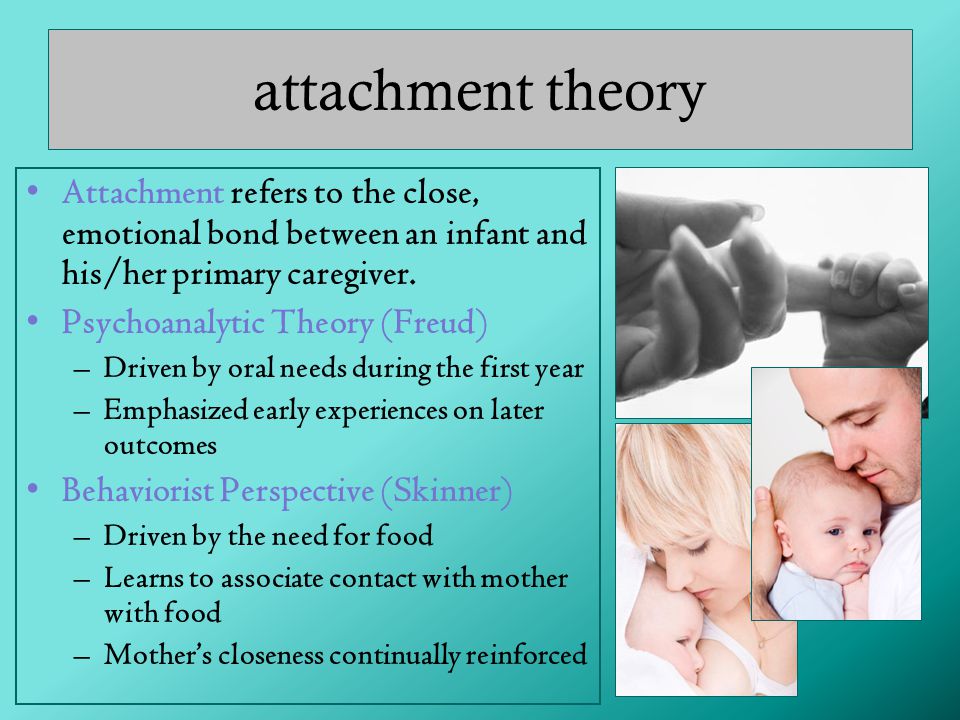
If you are attached to a material object, an easy way to determine how useful it is is to ask yourself, "Can I sell this object and live without it?" If you feel like a thing is preferable to a place to live, or basic necessities like clothes and food, then you've got it. perhaps a pathological infatuation with this object. nine0003
You are obsessed with your close friend's every move.
Mandatory monitoring of a lover's location and current online status, such as a private detective, is a sign of trust issues. Where is he/she and with whom? With someone he likes more than me? This is especially tempting in the age of social media, where everyone has the ability to constantly check someone's updates, messages, and whether a partner is online.
Your paranoia can extend to their family members, friends, and even former lovers. It's perfectly normal to feel curious about their personal circle and even dating, but if you're going to be going back to his Facebook page for years, that borders on breaking the norm.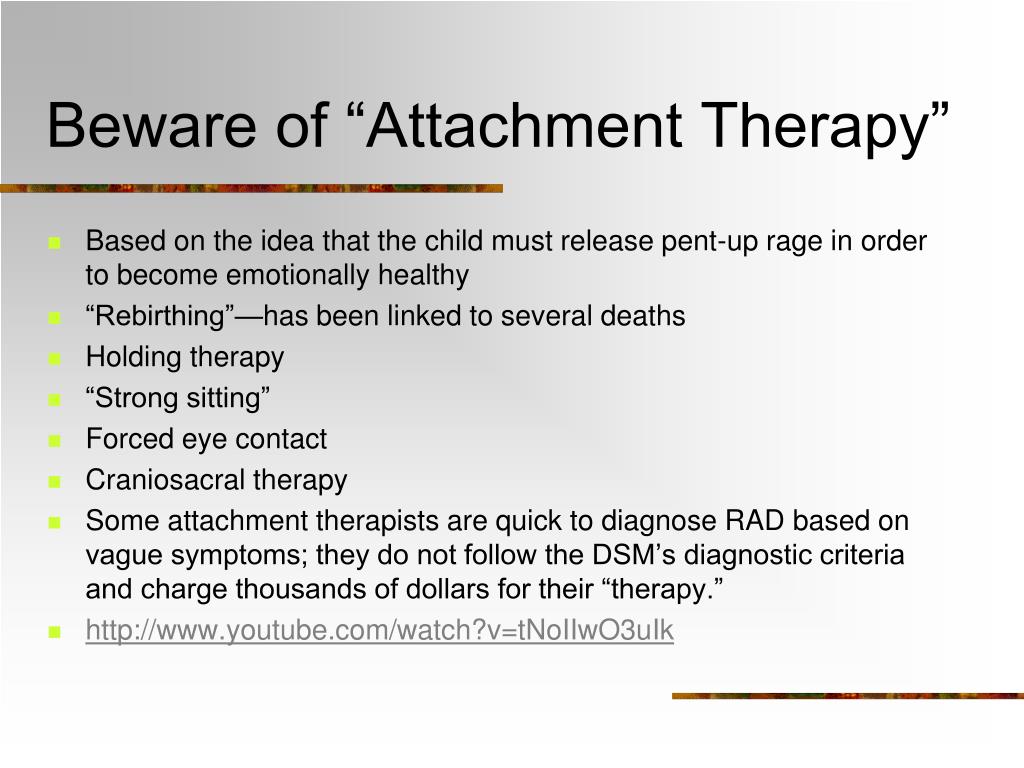 nine0003
nine0003
You have selfish feelings and think you have privileges
"If I can't be with him, no one can." "He wouldn't be where he is today if it wasn't for me." “He became like this only because of me.” If you have these flashing thoughts when you see a loved one talking to friends or family - without you - this is a sign that you are negatively attached to him. And besides, you can be a toxic partner in a relationship. When addiction becomes toxic, you begin to think that someone else's life should revolve around you, and that all the good things they have is your achievement and no one else's. nine0003
It is important to understand that unhealthy obsession is selfish. This fact is hard to accept, but you should think about it and ask yourself if you are a toxic person in a relationship. If you truly care about how your chosen one feels, about his freedom as a person, you will have the courage to let him go. It doesn't matter if it's letting you hang out with your friends without your participation, or allowing you to continue dating others after a breakup.
